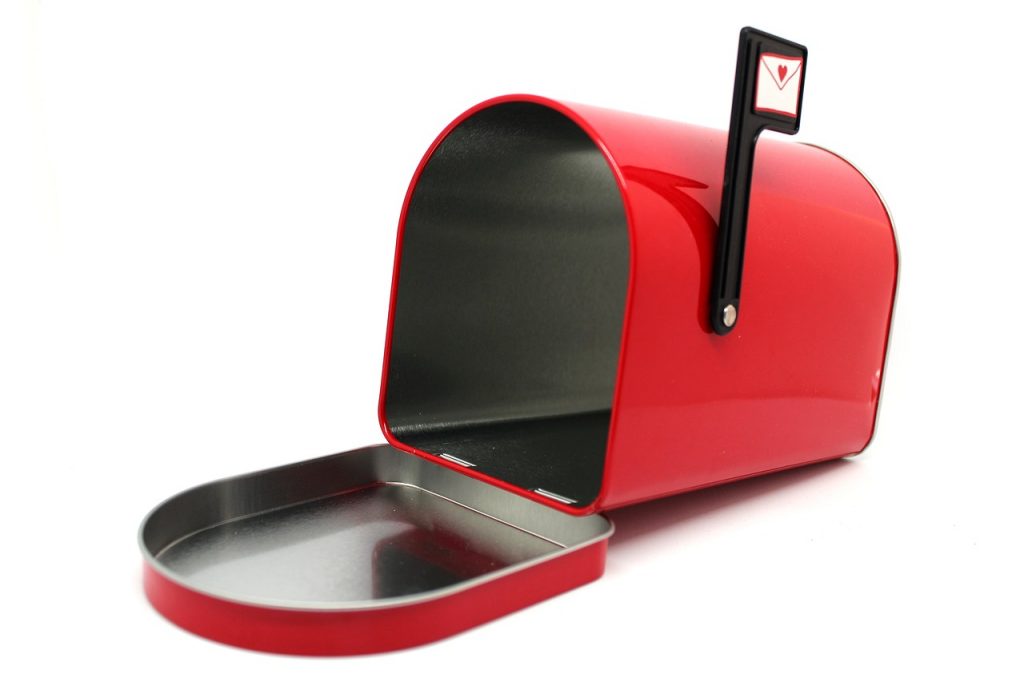5 Ways To Keep Confidential Documents Safe Inside Your Home

Everyone has their own set of valuable things stored at home, such as their jewelry pieces, electronic properties, cash, precious dinnerware, and sometimes, firearms. But one thing that often gets overlooked as a valuable item is their confidential documents.
Although these are only pieces of paper, they can be just as tempting for burglars and intruders as your cash and electronics.
That said, you also need to protect them from reaching the wrong hands. But what documents in your house need to be kept safe from others? Let’s find out below.
Which Documents Are Considered Important And Confidential?

Listed below are some documents you may have at home that burglars may attempt to steal. You might realize that you’re storing some of these papers wrongly or leaving them lying around the house, thinking they’re invaluable.
Here are the essential documents you must store safely and securely.
- Social security cards
- Birth certificates
- Marriage licenses
- Annual tax returns
- Checkbooks
- Credit and debit cards
- Passports and ID copies
- Personal and business contracts
- Investment documents
- Health records
- Bills and mortgage documents
- Legal documents (e.g., wills)
In other words, any paper or item containing your personal identity and financial information is considered sensitive and confidential. So, you must ensure that you keep them in your house safe from burglars. But how? Read on for the insight.
How To Keep Confidential Documents Safe Inside Your Home?
When storing your important documents at home, you have two goals: keep them safe from burglars, fire, or other emergencies, and keep them close at hand in case you need to use them.
For your guide, here are five ways to keep your confidential documents safe and secure in your home.
1. Invest In An Advanced Or More High-Tech Letterbox

Many homeowners see their letterboxes as a simple storage place for any upcoming mail, letters, newspapers, or magazines.
Many fail to realize that your letterbox may possess some of the confidential documents mentioned above (e.g., bills, mortgage documents) that hold your financial or personal information.
When burglars see that you’re not paying much attention to the security of your letterbox, they’ll likely target you and your documents and steal from your letterbox.
Thus, to keep your confidential documents safe, ensure you invest in an advanced or more high-tech type of letterbox. Stores like Keeler Hardware and other hardware shops provide various kinds of letterboxes made of stainless steel with anti-burglar and anti-snap features.
This way, you can ensure that no burglar will attempt to go through your letterbox before you. Lastly, remove the documents delivered to your letterbox immediately and avoid leaving them there for more than a day.
2. Store Them In A Safe Deposit Box
When storing valuable items and documents, the safe deposit box is often the first option that comes to everyone’s mind. Safe deposit boxes are best for keeping your valuables in a safe, secure, and private container. They come with a combination lock, meaning no one else can access or open them but you.
Most banks offer safe deposit boxes to their current or active customers. Since safe deposit boxes are stored in your bank’s vault, you can ensure that no theft or accident (e.g., fire, or flood) can damage your confidential documents.
The downside of this choice is that you may not be able to access your documents quickly in case you need them. So, when required, you can make copies of the documents you think you’ll use regularly.
3. Get A Home Safe

As mentioned, since you can’t always access your documents when they’re stored in your local bank’s safe deposit box, you might need to make copies of them to keep them at home.
However, simply storing the duplicates of your documents in your closet, cabinet, or drawer would only defeat the purpose of keeping the original files in your bank’s safety deposit box.
Remember that when a burglar intrudes into your home, one of the first places they check is the bedrooms, specifically the drawers, closets, cabinets, and under the bed.
So, for storing sensitive documents or copies at home, it’s best to get a home safe box. Preferably, get a home safe box that’s fireproof, waterproof, and has a secure locking mechanism. Also, it’s best to choose a portable home safe that you can easily carry with you in an emergency or if you need to take it to work.
When storing your home safe box, place it in a room or corner with low traffic or any place difficult to find to keep it out of plain sight. If you have a multi-story house, your home safe box must be hidden somewhere on the ground floor.
4. Put The Documents On A Plastic Page Slip
Besides keeping your documents safe from burglars, you must also protect them from potential tears (e.g., paper-eating bugs or mice), damage, or accidental spills.
So, before you keep your documents inside the home safe or the bank’s safety deposit box, put them in a plastic page slip for an extra layer of protection. Each document must be stored on its plastic page.
5. Use The Shredder

Although these documents are confidential, a time will come when they expire, and keeping them longer can be a hassle.
However, crumpling the papers and throwing them in a trash can is still dangerous as garbage removers or burglars could still access them and steal your information.
So, before throwing them away, use a shredder to destroy the papers into pieces so no one can take advantage of them.
The Bottomline
It’s essential to keep your confidential documents safe and secure inside your house, and you can do that with the tips above.
Otherwise, when any of these documents get lost, missing, or fall into the wrong hands, you and your family may suffer from financial or property loss or, worse, loss of personal information.
Remember, when you lose your jewelry pieces or valuable physical items, you can still have them replaced. But when you lose those confidential documents, the effects could haunt you forever.
Read Also:











Leave A Reply